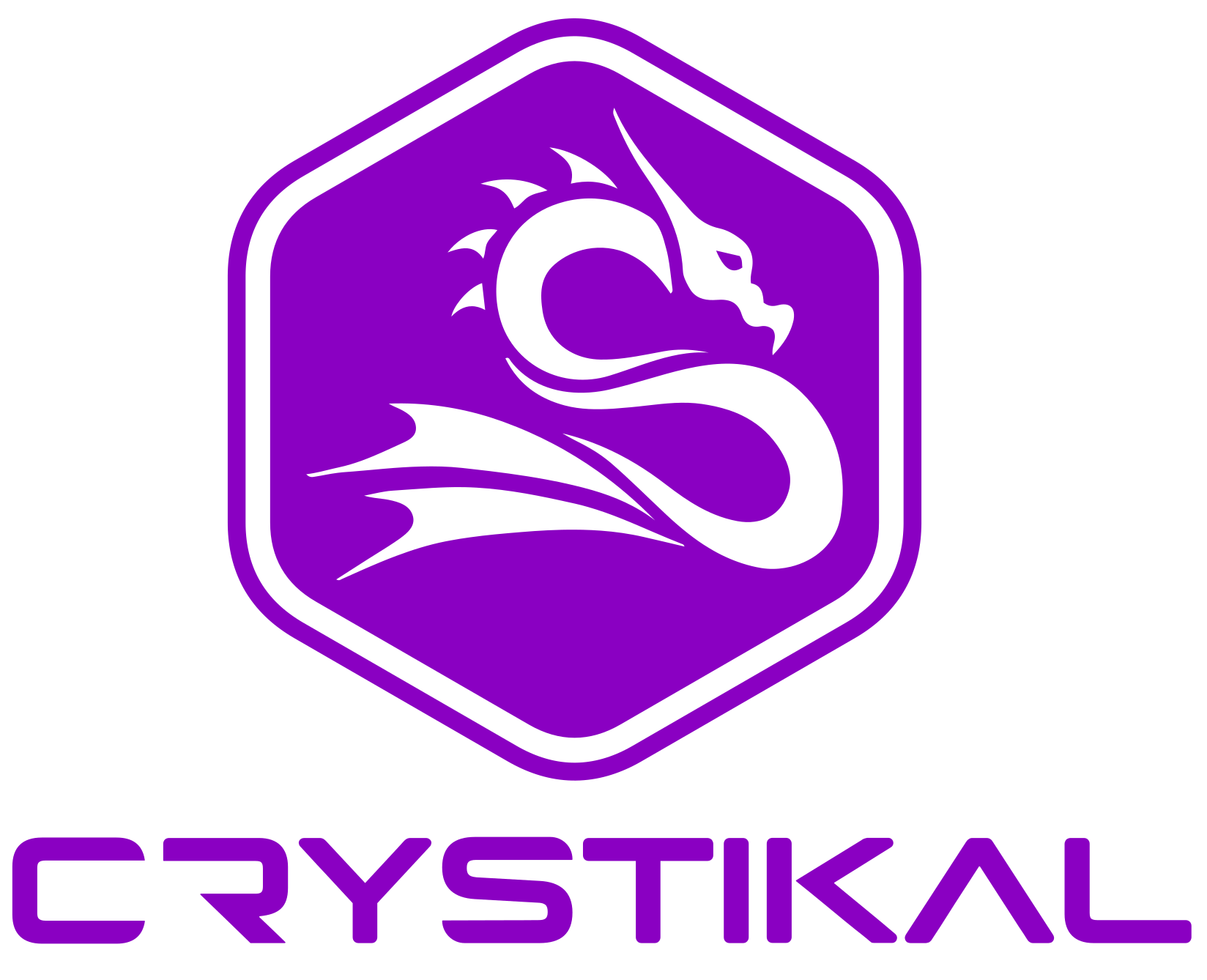Examine the lasting impact of Doctor Doom on the Marvel Universe, from the Fantastic Four to the cosmic landscape.

Doctor Doom, the iconic villain of Marvel Comics, is one of the most influential characters in the Marvel Universe. His impact reaches far beyond his status as the arch-nemesis of the Fantastic Four, shaping the very fabric of the Marvel Universe across multiple dimensions—political, technological, mystical, and cosmic. Doom’s legacy is defined by his ambition, intellect, and the fear he instills in heroes and villains alike, leaving an indelible mark on Marvel’s narrative landscape.
The Arch-Nemesis of the Fantastic Four
Doctor Doom’s rivalry with the Fantastic Four, particularly with Reed Richards, is one of the defining relationships in Marvel Comics. Doom’s ongoing conflict with the team has been central to many of their most significant storylines. His hatred for Reed Richards is deeply personal, rooted in a mix of envy, intellectual rivalry, and a belief that Richards is the only person who could ever challenge his superiority. This dynamic has driven some of the most iconic battles in Marvel history, establishing Doom as the ultimate adversary not just for the Fantastic Four, but for Marvel’s heroes in general.
Through his repeated clashes with the Fantastic Four, Doom has become the measuring stick for villainy in the Marvel Universe. His presence elevates any story, and his intelligence and strategic prowess force the heroes to push their limits. In many ways, Doom’s character has helped define the Fantastic Four, shaping their development as individuals and as a team.
Doom’s Influence on the Marvel Universe’s Power Structure
Doctor Doom’s influence extends far beyond his battles with the Fantastic Four. As the ruler of Latveria, Doom has established himself as a major political player in the Marvel Universe. His dictatorship, marked by a blend of advanced technology and ruthless governance, has made Latveria a powerful nation on the global stage. Doom’s control over Latveria and its resources has often placed him at odds with other nations and superhero teams, making him a constant thorn in the side of the global order.
Doom’s scientific genius and technological advancements have had a profound impact on the Marvel Universe as well. His inventions and discoveries, often stolen or reverse-engineered by others, have pushed the boundaries of what is possible in the Marvel Universe. From time machines to advanced weaponry, Doom’s technological prowess has set a standard that few can match, influencing everything from the arms race among nations to the tools used by both heroes and villains.
Doom’s Cosmic Ambitions
Doctor Doom’s legacy also extends into the cosmic realm. His ambition knows no bounds, and he has often sought to wield power on a universal or multiversal scale. Doom’s involvement in cosmic events like Secret Wars has had lasting repercussions. During the original Secret Wars (1984-1985), Doom successfully steals the power of the Beyonder, becoming one of the most powerful beings in existence. Though his tenure as a god is brief, it demonstrates Doom’s willingness to challenge even the most powerful cosmic entities.
In the Secret Wars (2015) event, Doom ascends to godhood once again, creating and ruling Battleworld after the destruction of the multiverse. His role as God Emperor Doom highlights his impact on the Marvel cosmic landscape, showing that even in the face of universal collapse, Doom remains a central figure, capable of reshaping reality itself.
Conclusion: Doom’s Enduring Legacy
Doctor Doom’s legacy in the Marvel Universe is one of immense influence and enduring impact. Whether through his rivalry with the Fantastic Four, his political machinations, his technological advancements, or his cosmic ambitions, Doom has shaped the Marvel Universe in profound ways. He embodies the archetype of the villain whose reach extends far beyond his immediate actions, affecting the course of entire storylines and the development of countless characters. Doom’s lasting impact is a testament to his complexity as a character—a villain whose legacy will continue to shape the Marvel Universe for years to come.

